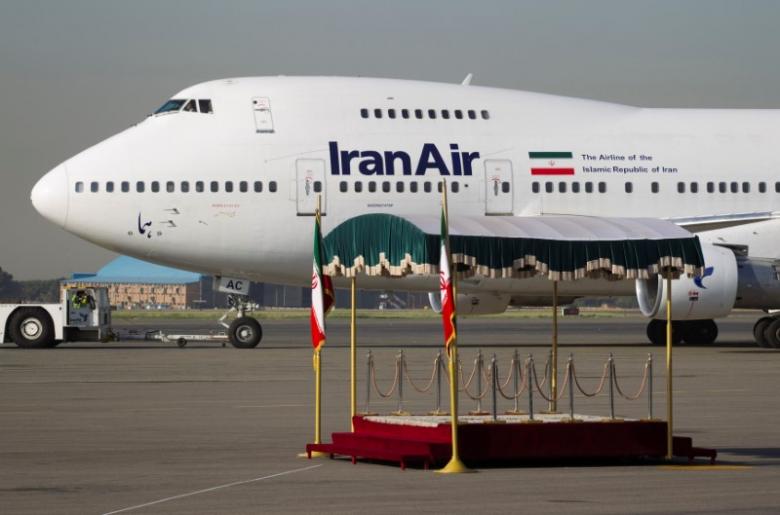Washington– The U.S. has intensified its pressure on Iran, as the House of Representatives passed a bill on Thursday that would prohibit the sale of commercial aircraft to the Persian State, in order to stop a deal by Boeing and Airbus that has already been approved by President Barack Obama’s Administration.
U.S. lawmakers passed the legislation by 243 against 174 votes. The new bill would prohibit the Treasury Department from issuing the licenses U.S. banks would need to complete the transactions.
The proposed deal may involve the purchase and leasing of more than 200 aircraft, which could generate thousands of new jobs, according to Democrats who opposed the legislation.
Republican representatives voiced their objection to the sale of aircraft to Iran, accusing the Persian country of sponsoring of terrorism and breaching international resolutions by testing ballistic missiles.
U.S. lawmaker Peter Roskam described the aircraft deal as a “scandal.” He harshly criticized Boeing and Airbus for seeking to do business with Iran.
“We need to make sure that the American financial system is not complicit in this deal,” Roskam said.
“We need to make sure that American taxpayers are not subsidizing this deal,” he added.
Democrats said the legislation to prohibit aircraft sales to Iran was an attempt by the Republicans to undermine last year’s nuclear agreement and embarrass the Obama administration.
Meanwhile, the International Atomic Energy Agency said last week that Iran had stockpiled slightly more than the allowable 130 metric tons of heavy water. Spent fuel can be taken from the heavy water to produce plutonium for a nuclear weapon.
Yukiya Amano, head of the IAEA, told the agency’s board that it was the second time Iran’s inventory had exceeded 130 metric tons. He confirmed that Iran had pledged to transfer excess heavy water out of the country under the agency’s supervision.
“It is important that such situations should be avoided in future in order to maintain international confidence in the implementation of the JCPOA, which represents a clear gain for nuclear verification in Iran,” Amano said.
